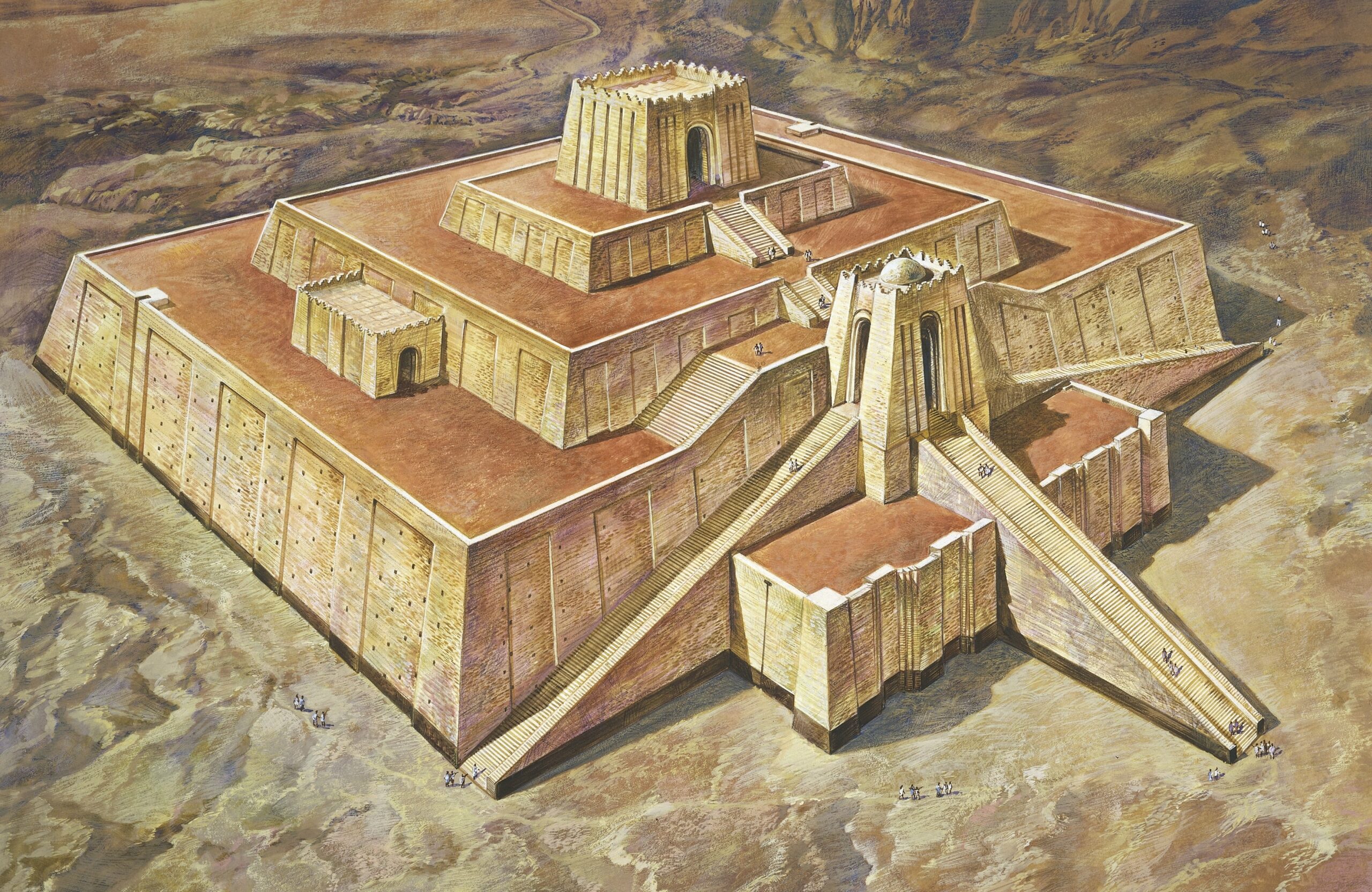The Hebrews were the first people to record their history in a series of books, providing a consecutive story over many centuries. Today this traditional history is contained in the Bible, especially in Genesis, Exodus, Joshua, Judges, Samuel, and Kings. But one also finds genealogy and ritual law (Numbers, Leviticus, and Deuteronomy), tales (Ruth and Job), proverbs (Proverbs, Ecclesiastes), prophetic utterances (Isaiah, Jeremiah, and the rest), and lyric poems (Psalms, The Song of Songs).
For many centuries, these books were held to express literal and sacred truths; only recently have scholars begun to apply to them the same tests of authenticity that they apply to other works of history. Nineteenth-century scholars in particular decided that much biblical material was legendary and mythical. But some doubts have been dispelled in our own time. The weight of the growing evidence tends to confirm the biblical story in its broad outlines, so that the Bible must be viewed not only as a work of the finest literature but also as valuable history.
The Hebrews may have migrated from Ur sometime after 1950 B.C., when that Sumerian center in southern Mesopotamia was destroyed, moving northwest to the prosperous center of Harran. Abraham then may have migrated westward into Canaan, as Genesis says. The accounts in Genesis of the origins of the universe and the stories of the Flood and the Tower of Babel indicate a northern Mesopotamian residence for the Hebrews before about 1500 B.C. Probably a racial mixture including some non-Semitic elements, the Hebrews may well be a people called Khapiru who are mentioned beginning about 1900 B.C. in cuneiform tablets and in both Hittite and Egyptian sources as raiders, wanderers, and captives. Historians are also convinced that some of the Hebrews lived for several centuries in the Nile Delta during the Hyksos period, before Moses (whose name is Egyptian) became their leader and led them to within sight of their Promised Land about 1300 B.C.
The Hebrew confederation was held together by the new religion that Moses gave them, based on the Ten Commandments, the ark of the covenant, and the many observances that their god prescribed. Gradually, by ruthless conquest, they added to their holdings. The loose confederation became a monarchy about 1020 B.C., when the prophet Samuel chose Saul to be the first king. Saul’s son-in-law, rival, and successor, David, united and strengthened the kingdom. His luxury-loving son Solomon brought the Palestinian kingdom of the Jews to new heights of prosperity at the royal city of Jerusalem, though even then his kingdom was small in size and resources compared to Sumer, Babylon, Assyria, or Egypt.
But at Solomon’s death in 933 B.C., the kingdom split in two: the northern kingdom of Israel (933-722 B.C.), stronger but lacking the great center of Jerusalem, and the southern kingdom of Judah (933-586 B.C.), which despite Jerusalem had little real strength. The Assyrians destroyed Israel at Samaria in 722 B.C., and the Babylonians destroyed Judah under Nebuchadnezzar in 586 and took the Jews into captivity. When the Persians under Cyrus the Great freed the Jews to return to Palestine after 538, the Jews no longer had a state but only a religious community. From then on they were held together by religion alone.

